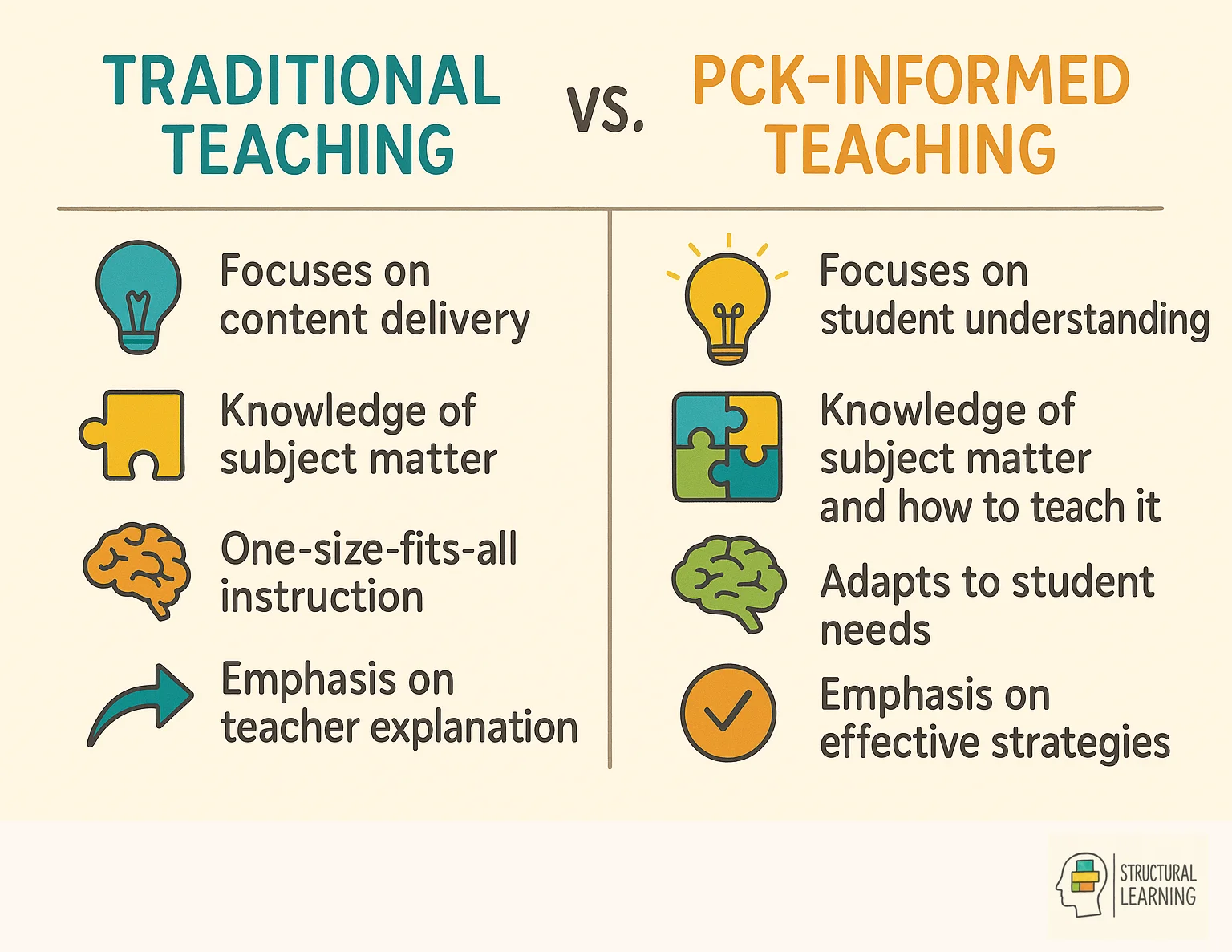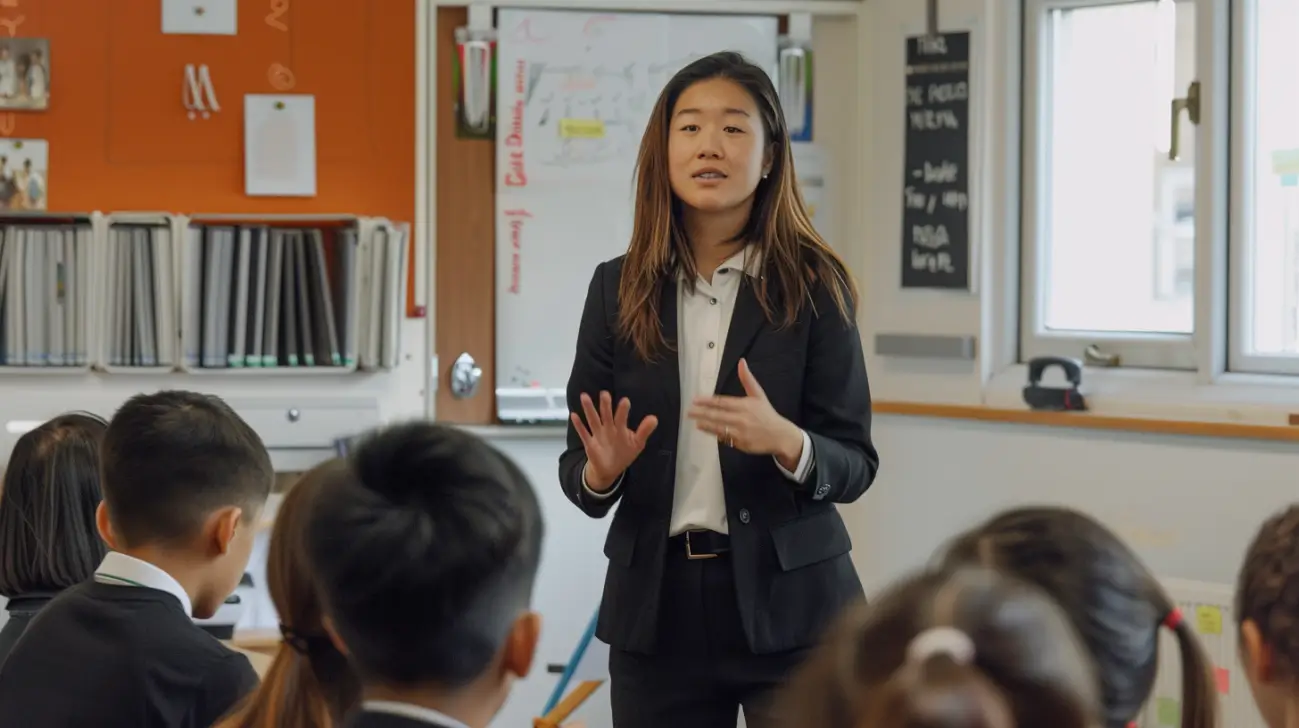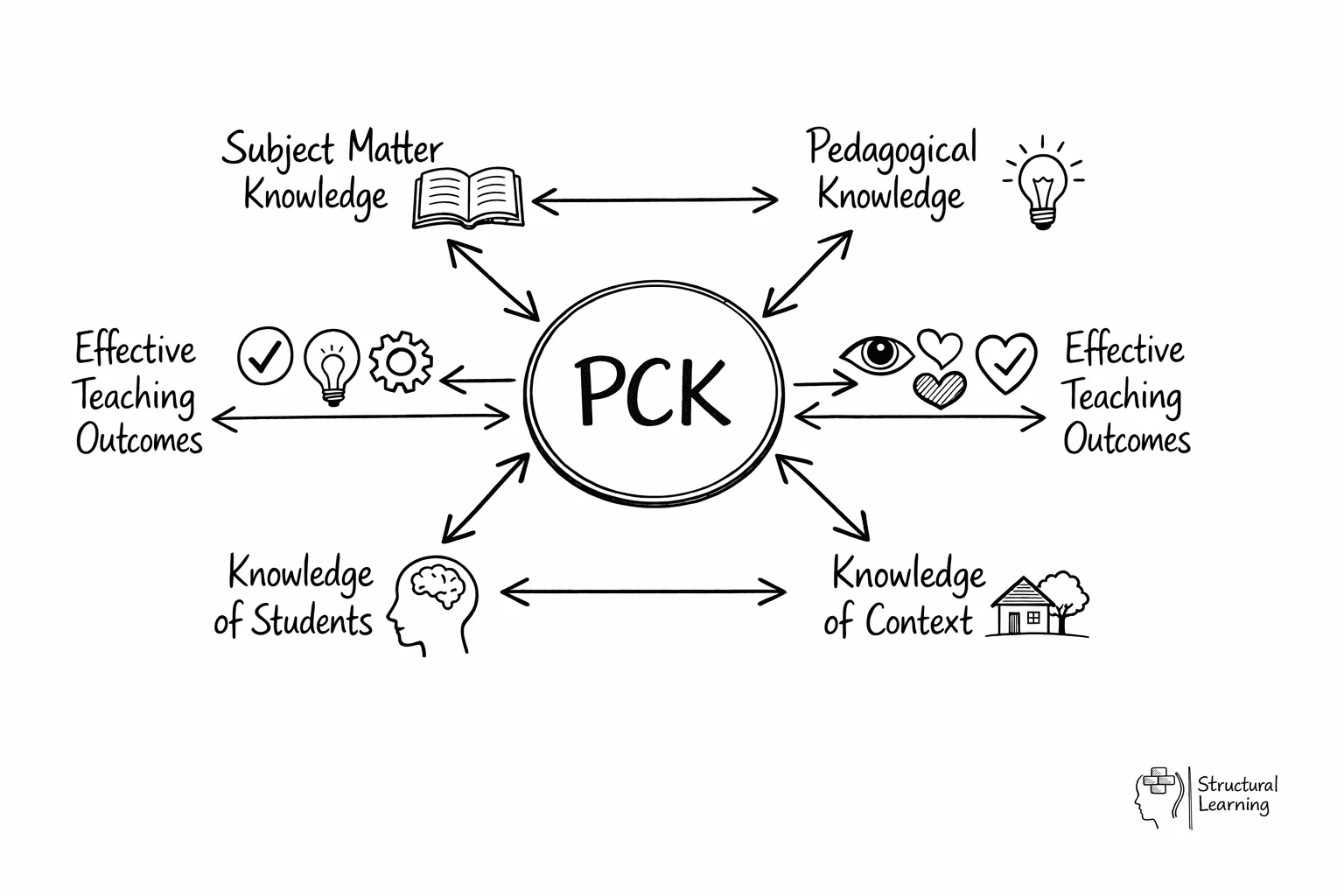Pedagogical Content Knowledge: Shulman's Framework for Expert Teaching
Understand Shulman's PCK framework and why knowing your subject isn't enough. Learn how expert teachers transform content knowledge into effective instruction with practical examples.















